Trigun Stampede episode 5 aired this past Saturday and it really gave way to the reasons why Vash is so famously known as “The Humanoid Typhoon”. But while others may point out Vash’s hypocrisy in this episode, including Woflwood himself, it’s best to acknowledge that throughout Trigun Stampede we’ve really seen Vash himself put the word “human” in “Humanoid Typhoon”.
Vash’s Internal Conflict
I’ve talked about this before on how Vash’s internal conflict makes him arguably one of the best main characters in all of anime. But Trigun Stampede took the original Vash’s internal conflict and amplified it two-fold. It’s easy to call Vash a hypocrite but when we look at how and why he’s a hypocrite, it’s hard to argue against him having that sort of stance in the first place.
In the episode, Vash tells Wolfwood it’s not his choice to decide whether Rollo (Monev the Gale) lived or died, which points out his own hypocrisy of choosing himself for others to live. But is that necessarily a bad thing? We all have our own hypocritical beliefs to some degree. I think Vash deserves some sort of credit that not many have given to him when considering the fact he’s being hinted at as some god. His care for human life is the exact opposite of who Knives is and that gives way to a lot more personal moments that we never received in the original series.
But it’s not fair to constantly compare the old and new. I’ve personally said this before as well. What needs to be acknowledged is that despite Vash not aging a single bit in the 30+ years that were hinted at in this episode, he’s always kept his love for life, not just humans, afloat and the (maybe) naive mindset that everyone can be saved by keeping them alive. Look at episode 4 for example. When Woflwood ate the bugs, Vash let them go and fly away. This has been shown to us throughout these five episodes and we really don’t notice until it hits us. However, what nobody is talking about is, whether it’s other articles, Twitter discourse, or online forums, that maybe, just maybe, Vash developed this mindset in saving every human life possible because he knows his brother has complete disregard for them.
Rollo (Monev the Gale)
Trigun Stampede has seriously impressed on all levels and one of them is backstory, especially in episode 5. The constant shift between past and present situations dealing with Rollo was absolute genius on Hiroshi Nishikiori’s part (episode director and storyboarder) and Kenji Mutou’s part (series director). Not only was the directing phenomenal, but the storyboard and use of visual storytelling were the best in the series so far, and most of that comes from giving a heartbreaking backstory to a character that wasn’t necessarily given one in the first place—Rollo.
Rollo’s backstory gave Monev the Gale that much more of an emotional impact on Vash than what old heads were originally used to and that’s true genius on the staff’s part. Vash tried to save both of the Nebraska’s, despite them attacking him, and failed. He tried to save Rollo, despite him turning into Monev, and failed. But this one hits a lot more given the personal history between Vash and Rollo and the promise that Vash made when Rollo was a kid—if god can’t save him, he will. And to watch that promise turn into a ball of failure, regret, and mourning only proves that the backstory of Rollo did its job of making this interaction for Vash that much more impactful.
If you want to make a backstory more tragic, involve an innocent kid that is scared and has done nothing wrong—and that’s exactly what Trigun Stampede excelled in accomplishing in episode 5. Rollo was even scared of his own mother and saw Vash as that shining light. When he runs into the doctor in the episode and asks if he’s god and the doctor tells him that he’s a god, just not the one he was looking for, it subtly hints that Vash was the god Rollo was praying for to save him. This is purely incredible directing and scriptwriting.
Episode 5 is Near Perfect
The story for episode 5 was set up before we even knew it. As soon as Vash saw the town off in the distance, he knew exactly what the place was and the moment he picked up the piece of cloth (first picture in the article), he knew exactly all the things that went wrong with the place he once swore to protect. One could argue he knew even before that when Robert was telling Meryl the story of why the sand around the town is bright red. And it’s not just little pieces of storytelling that made it great. Lets go over a few smaller details, starting with the most significant one.
A consistent symbol throughout the episode more than any other was a cross. There was a cross in the background when Vash first met Rollo that was the start of it all. There’s a cross that Rollo prayed to which led to the end. The most uneasy cross of them all is the one Rollo laid on when the doctor operated on him, the one before the end, and then, of course, Wolfwood’s Cross which represented the end itself. Rollo’s death was written from the very beginning. And, if you want to get really philosophical about it, the cross behind Vash when they first met could represent that Vash brings death along with him wherever he goes.
The next may not have been noticeable at first, but from the moment that Vash picked up the cloth at the beginning of the episode, he never once drew his pistol because he knew from the very beginning who it was that was shooting at him. This is the first time in the series that Vash has refused to draw his pistol. It’s a little piece of the episode, but it’s really telling. After the attack by Knives killing others in the last town, Vash told Meryl he doesn’t have the right to cry. And now in this one, Vash feels like he didn’t have the right to end Rollo’s life after promising to save it. From the first second he was shot at he never once reached for his pistol. Seriously, go back and watch it. Absolutely phenomenal writing and directing that went completely under my nose the first time I watched the episode.
Lastly, is the before and after shots of the town. While this can be interpreted in more ways than one, what I love the most is that episode started with a wide shot of Vash and the others entering the town by walking and then leaving the town with a close shot of their car driving away. But what’s most important is that the town is a rusted wasteland at first and when Vash leaves, it becomes a town lighting up the darkness. It’s almost as if its a beacon for Vash to remind him that he still shines a light wherever he goes, even if he can’t see it. First, it was the glowing bugs after the first town was destroyed by Knives and now it’s the glowing town after Rollo died.
Trigun Stampede Episode 5 Wrap-Up
It’s almost as if Trigun Stampede is purposely stacking up all of these heartbreaks for Vash to endure for the sake of making his next encounter with Knives that much more emotional and impactful. And somewhere along the lines, I’m waiting for Vash to have a complete meltdown. And whether that’s during his next encounter with Knives, or at another point before that, I can’t wait to witness Yoshitsugu Matsuoka’s performance (Vash’s voice actor).
Epsiode 5 rating: 10/10
If you enjoyed Trigun Stampede episode 5 then make sure to vote for it in our weekly poll and get the series into the top 10 where it belongs!
Images via Crunchyroll
©2023 Yasuhiro Nightow, SHONEN GAHOSHA / TRIGUN STAMPEDE Project
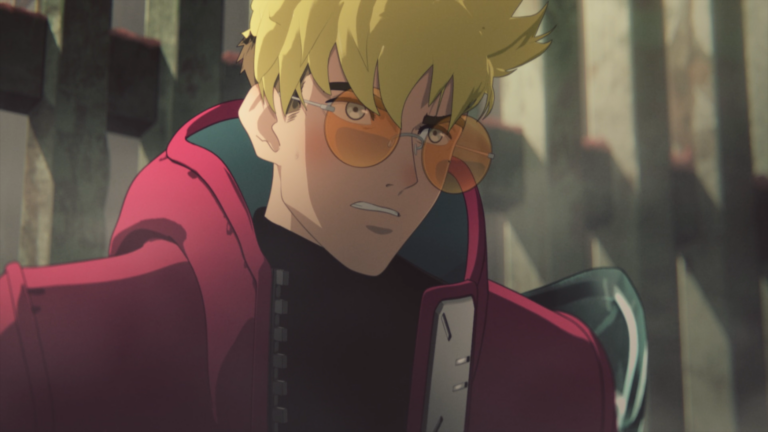
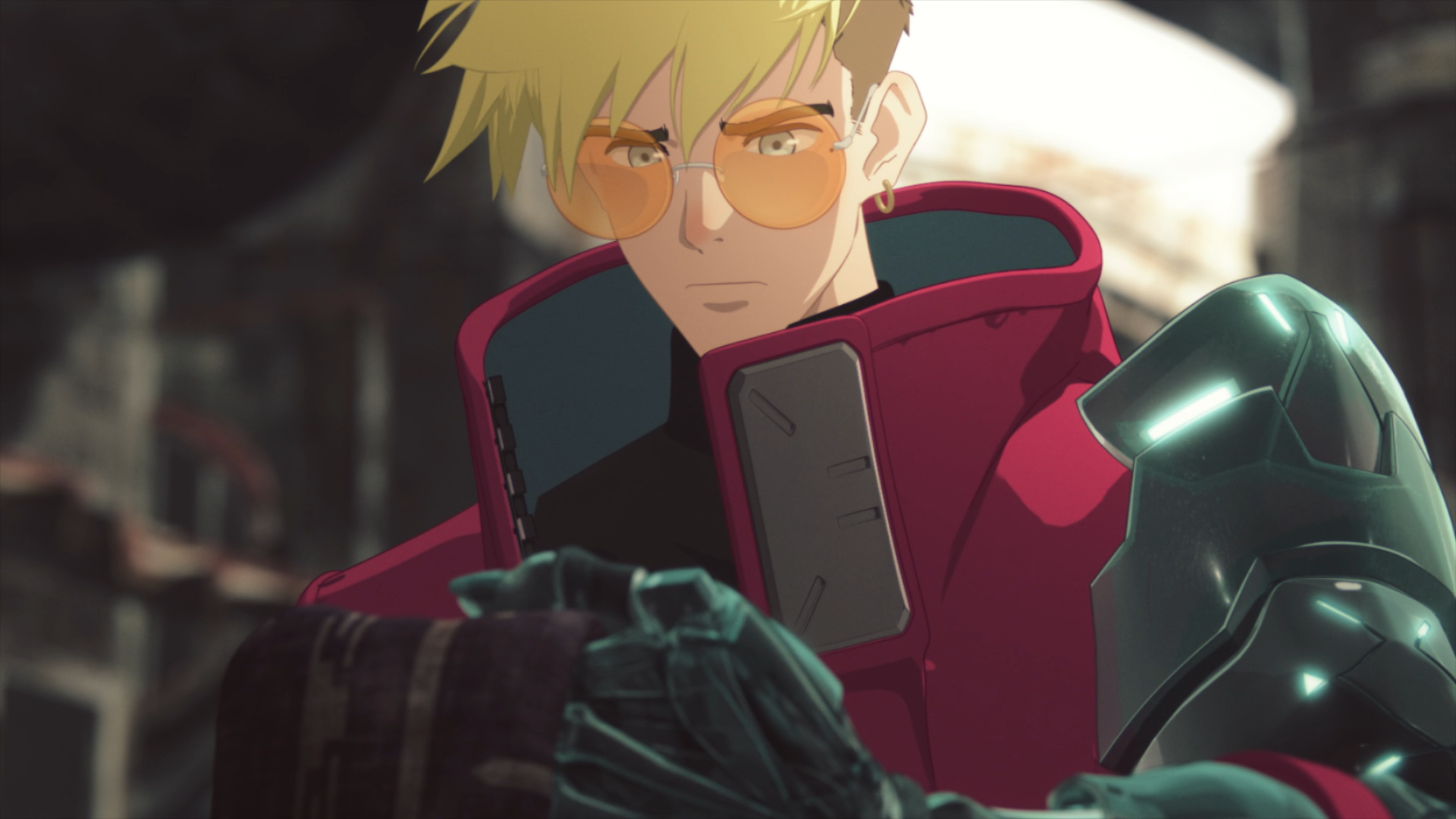
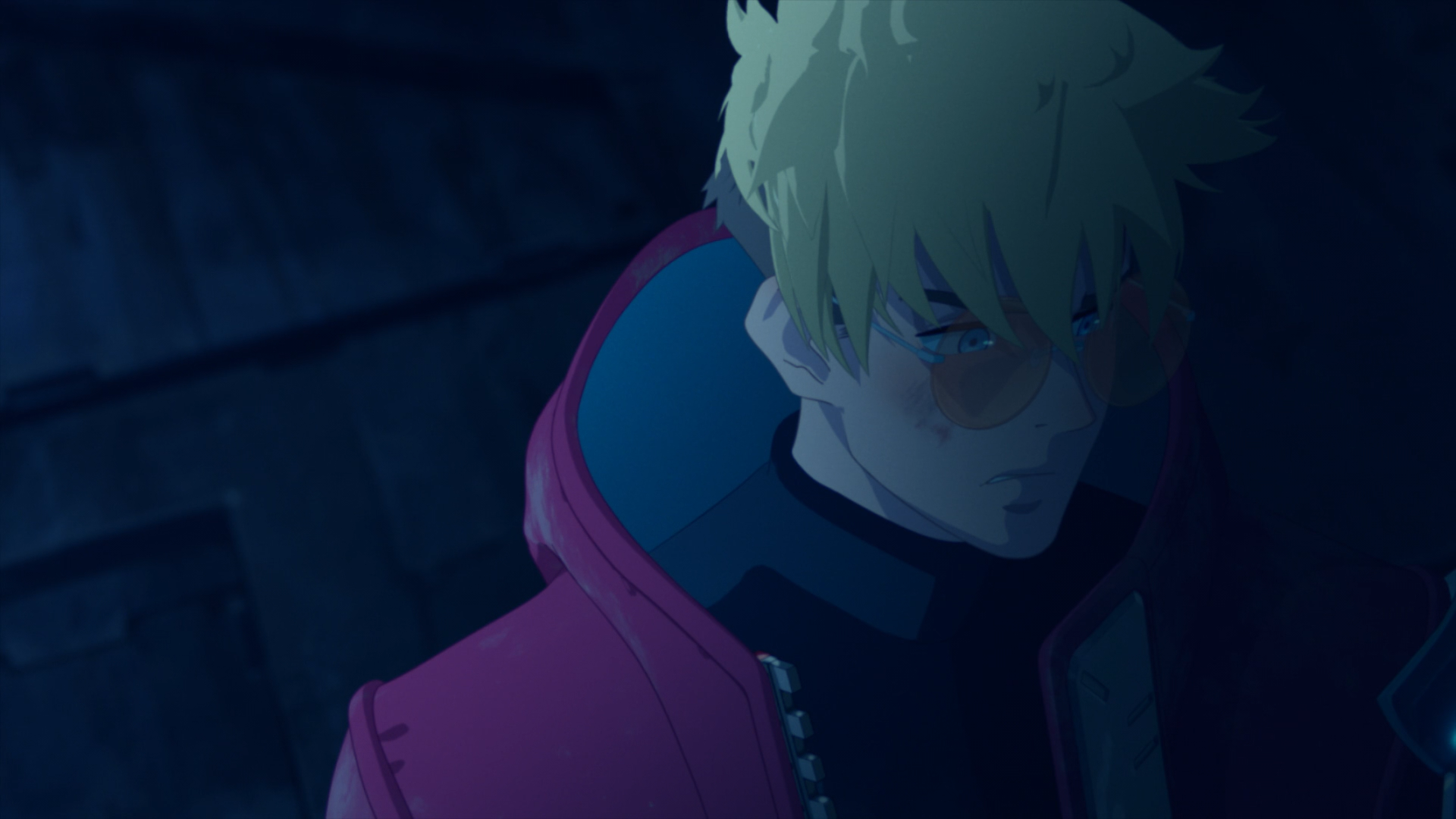
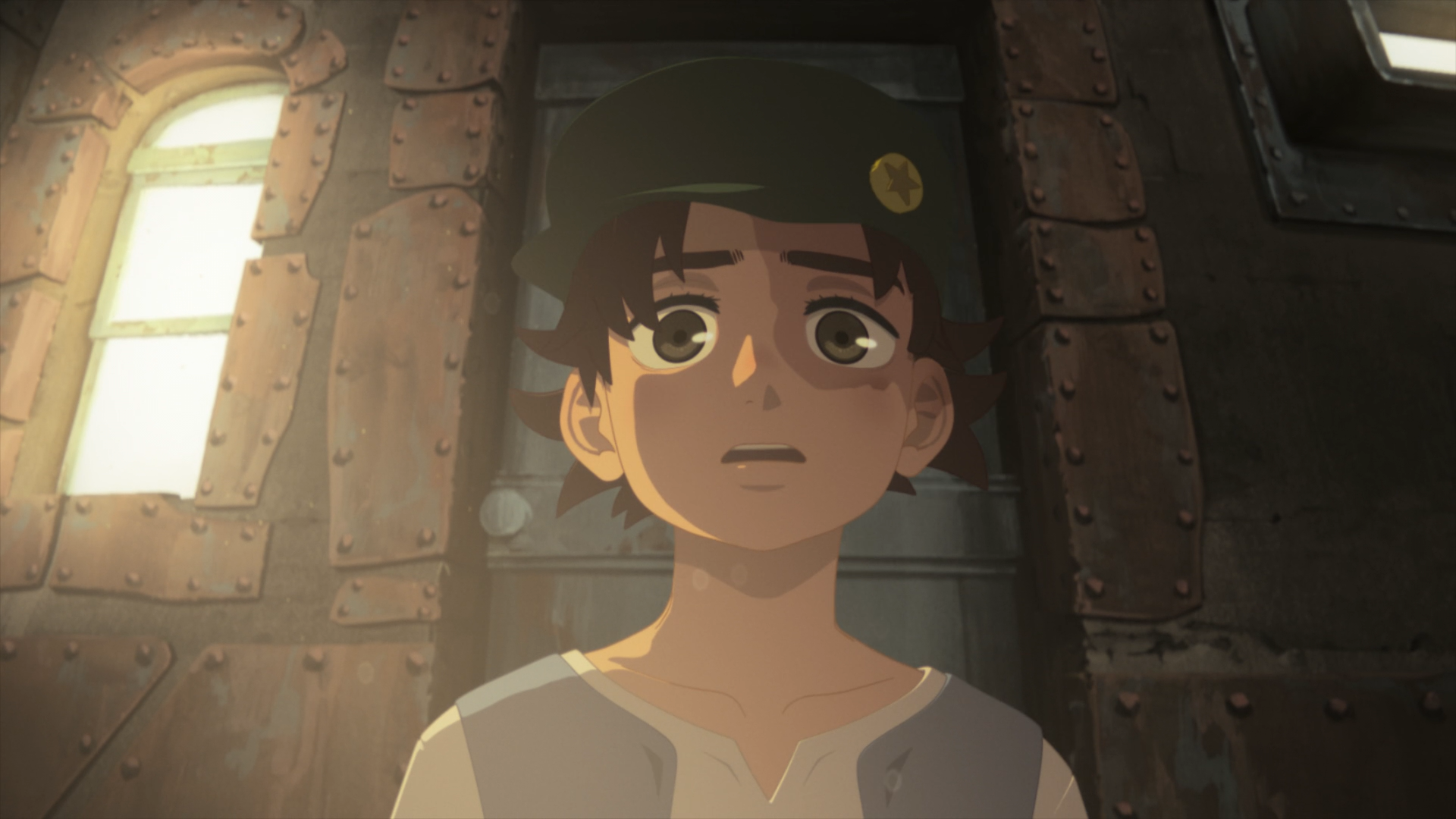
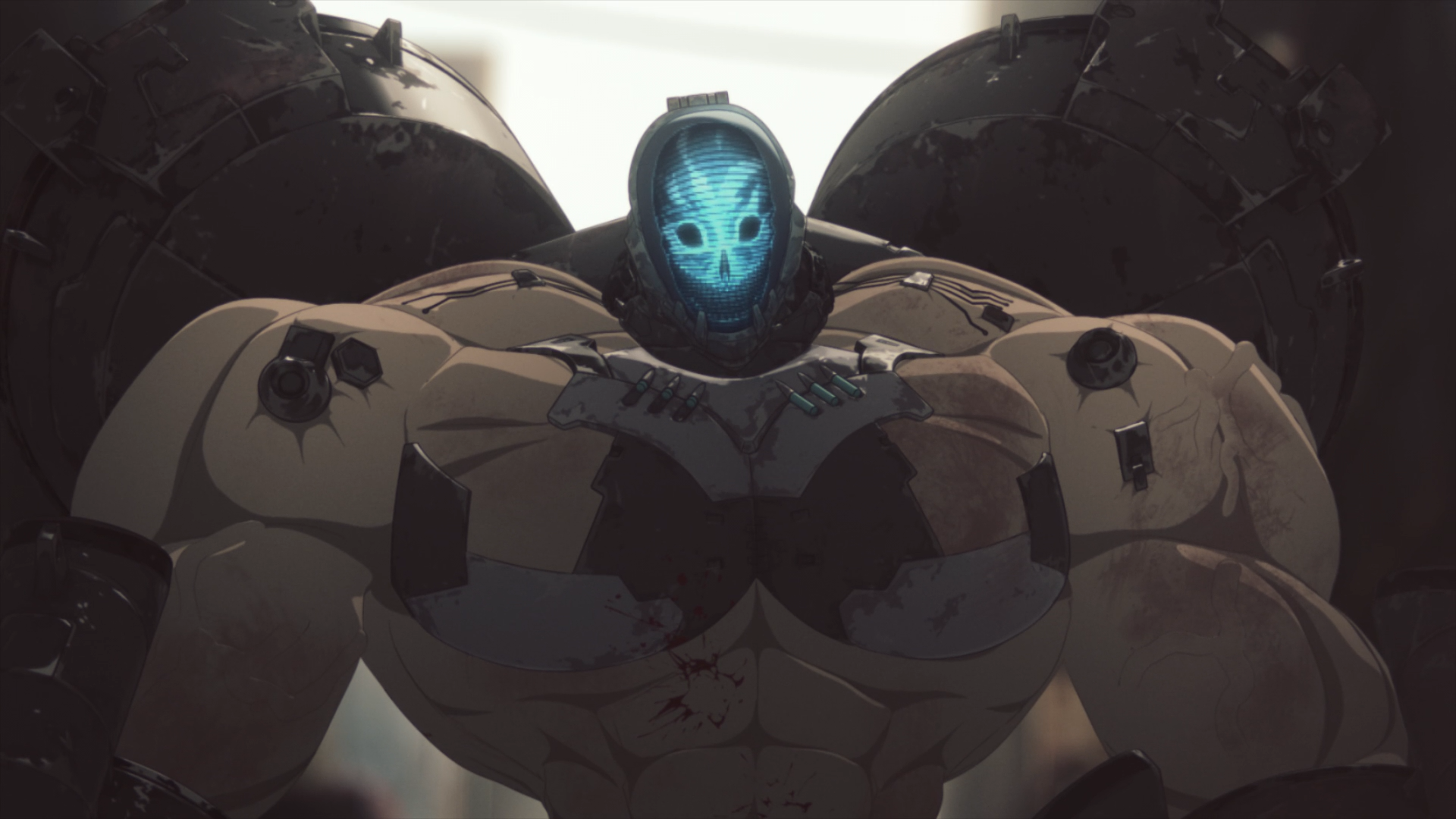
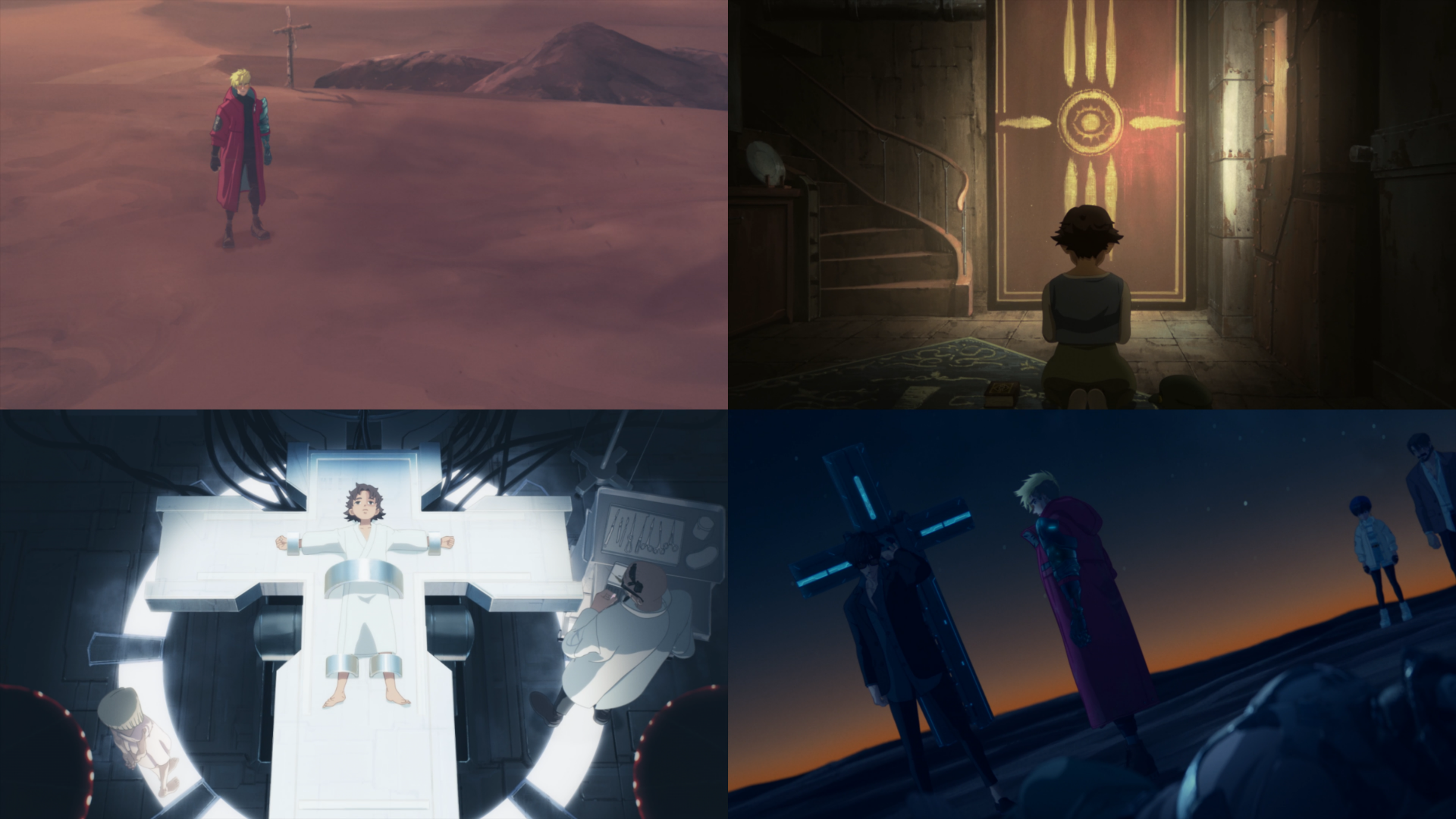
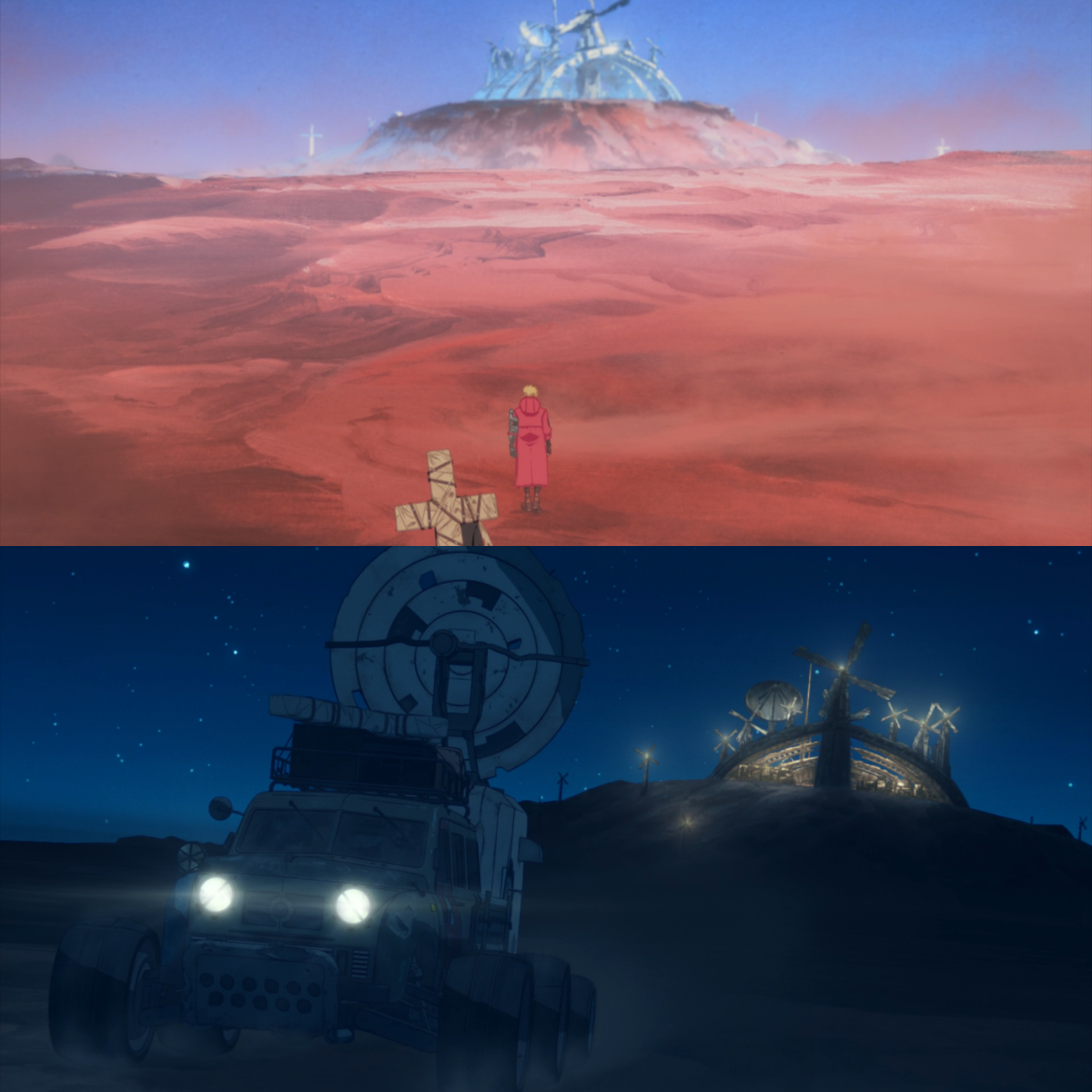
Participate In Discussions